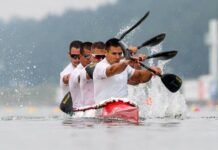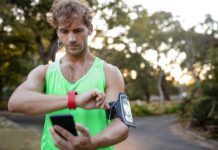In a previous post (The Role of Strength Training in Dragon Boating) we established the significance of strength training in the context of dragon boat racing. Now let’s dive into the practical aspect — designing your own dragon boat strength training plan. This sample workout plan is tailored for novice paddlers, ensuring a gradual and effective progression. Remember, consult with a fitness professional or your coach before initiating any new exercise routine.
Warm-Up (10-15 minutes)
Before delving into the core exercises, it’s crucial to prepare your body for the upcoming intensity. A dynamic warm-up gets your heart rate up, increases blood flow to the muscles, and enhances flexibility. Incorporate movements like leg swings, arm circles, and light jogging to activate your muscles and joints.
Strength: Upper Body Focus
1. Bench Press:
- Sets: 3
- Repetitions: 6-8
- Purpose: Develops chest and triceps strength, essential for powerful strokes.
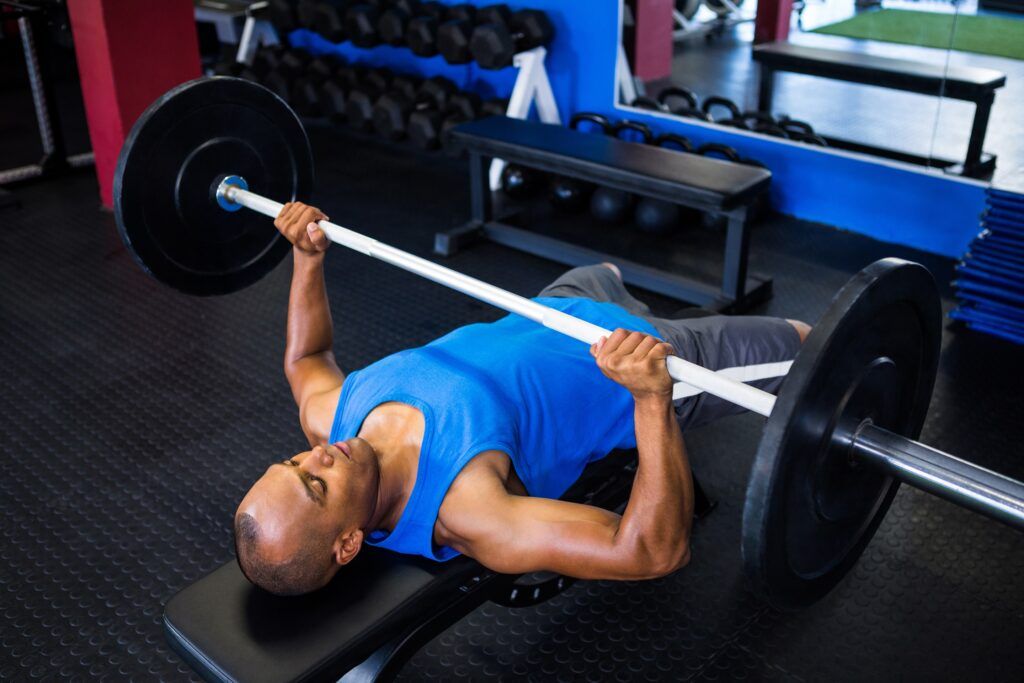
2. Lat Pulldowns:
- Sets: 3
- Repetitions: 8-10
- Purpose: Targets the latissimus dorsi, crucial for back strength and stability during paddling.
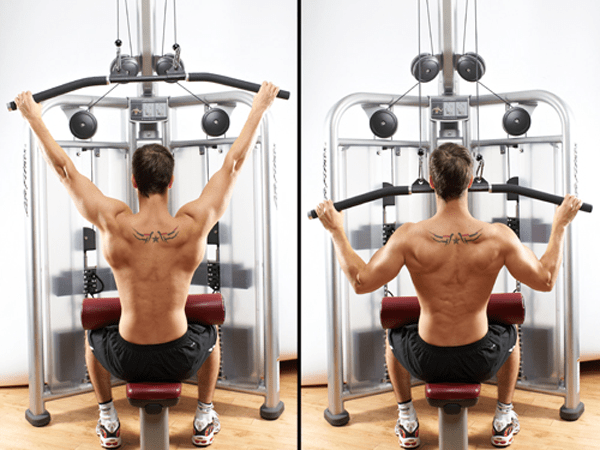
3. Shoulder Press:
- Sets: 3
- Repetitions: 6-8
- Purpose: Strengthens the deltoids, supporting shoulder stability during the paddling motion.
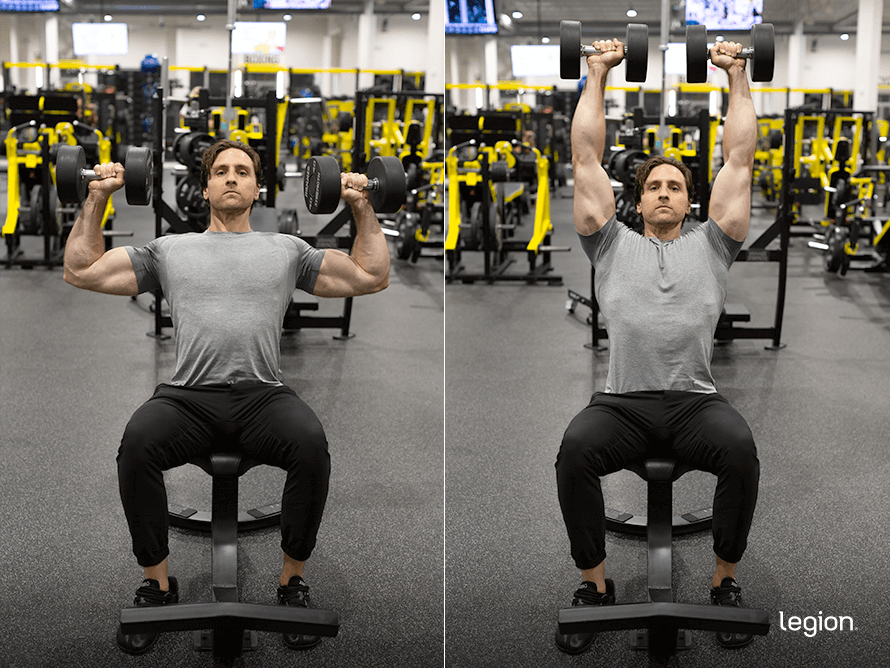
4. Tricep Dips:
- Sets: 3
- Repetitions: 10-12
- Purpose: Enhances tricep strength, contributing to the power exerted in each stroke.

Strength: Core Stability
1. Planks:
- Sets: 3
- Duration: 30-60 seconds
- Purpose: Builds core strength, crucial for maintaining stability in the boat.
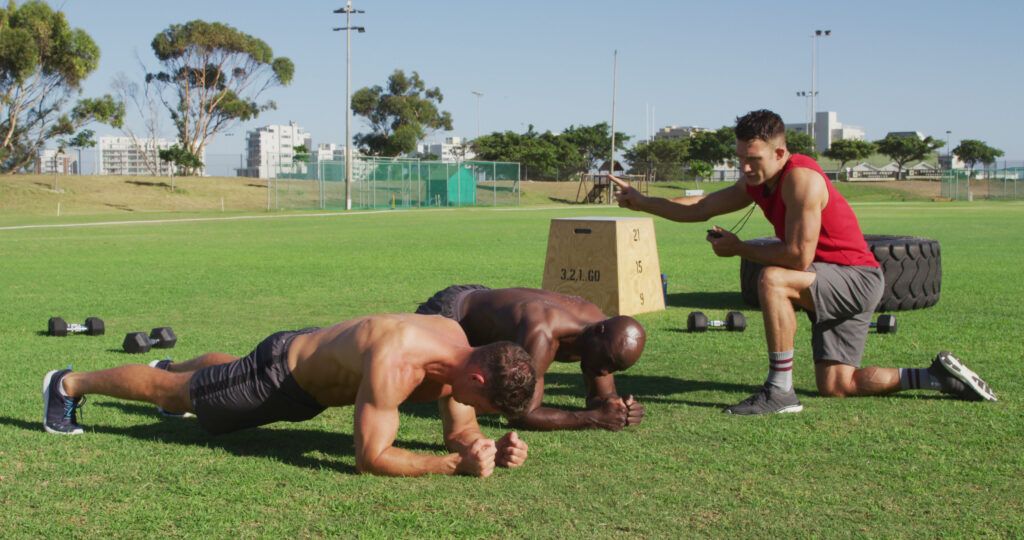
2. Russian Twists:
- Sets: 3
- Repetitions: 12-15 each side
- Purpose: Targets obliques, improving rotational strength needed for efficient paddling.
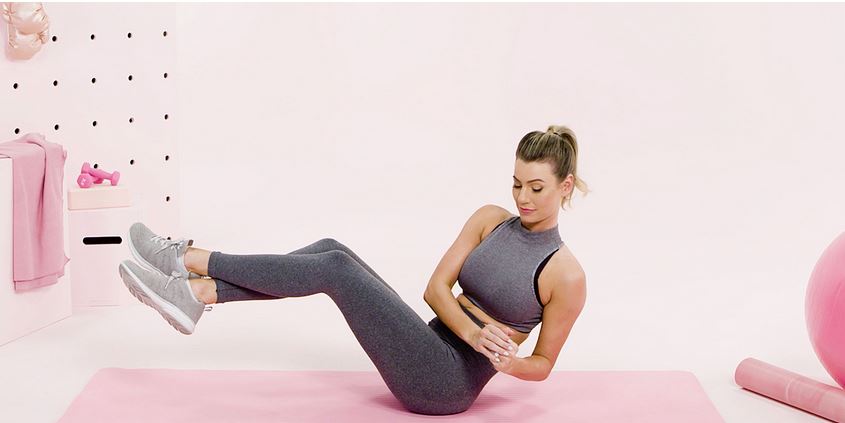
3. Leg Raises:
- Sets: 3
- Repetitions: 10-12
- Purpose: Engages lower abdominal muscles, contributing to overall core stability.
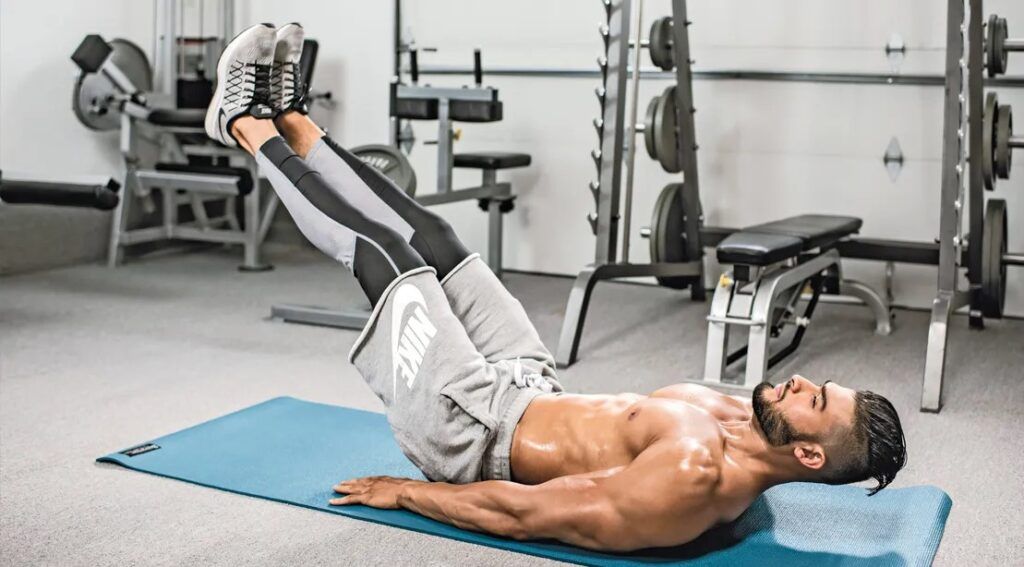
Strength: Lower Body Emphasis
1. Squats:
- Sets: 3
- Repetitions: 8-10
- Purpose: Strengthens quadriceps, hamstrings, and glutes, providing a solid foundation for lower body stability.
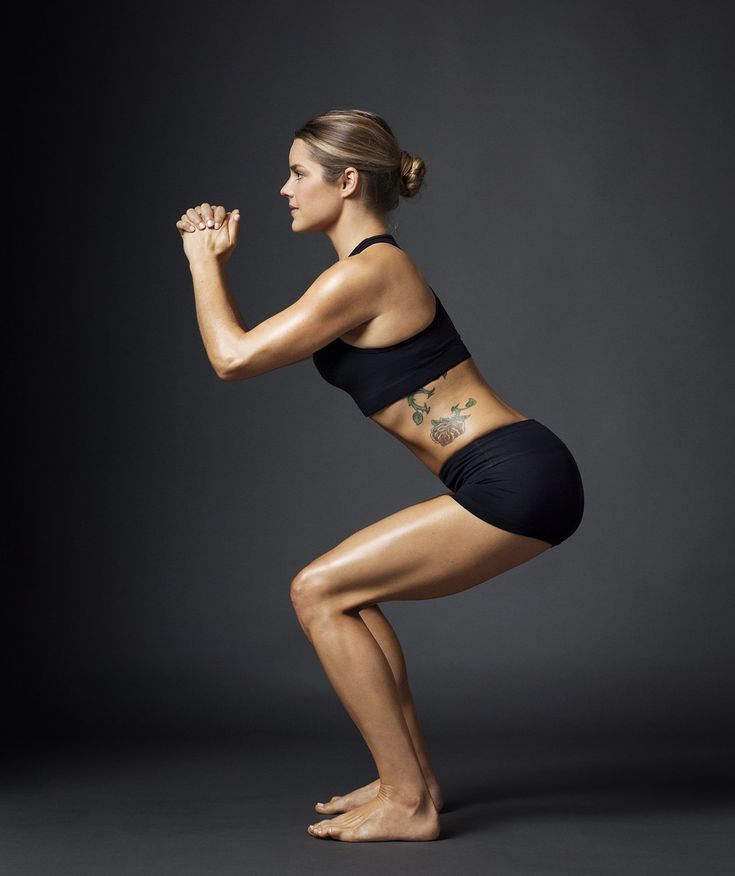
2. Lunges:
- Sets: 3
- Repetitions: 10-12 each leg
- Purpose: Enhances leg strength and stability, essential for a powerful push in each stroke.
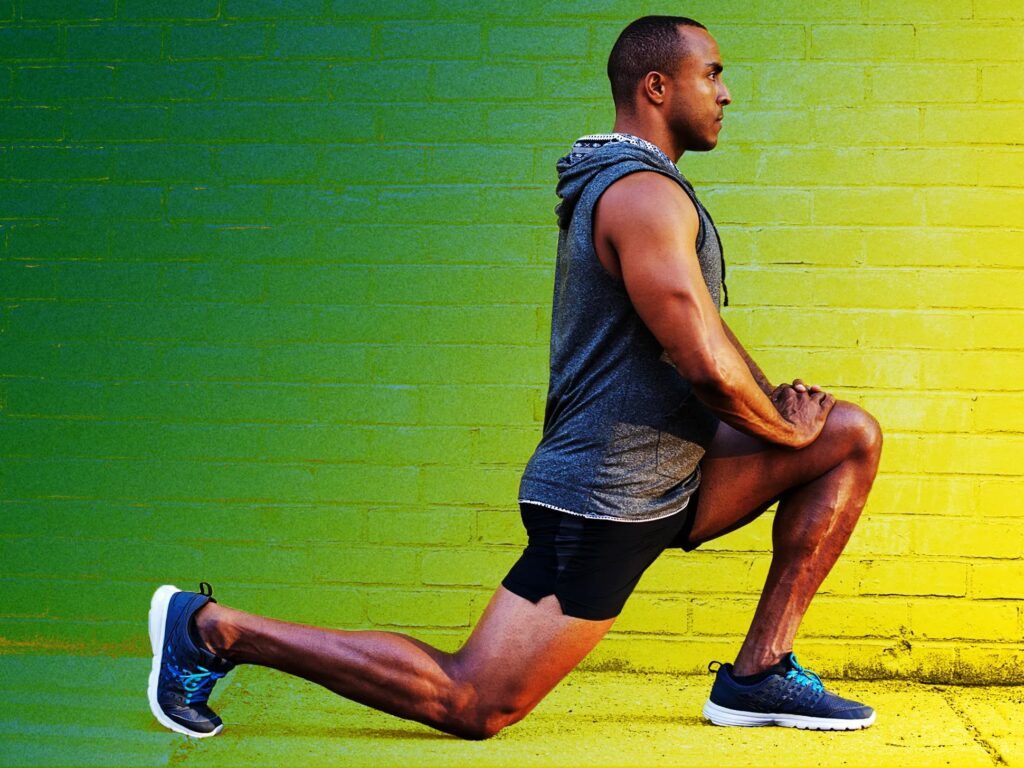
3. Calf Raises:
- Sets: 3
- Repetitions: 12-15
- Purpose: Targets the calf muscles, contributing to overall lower body strength.
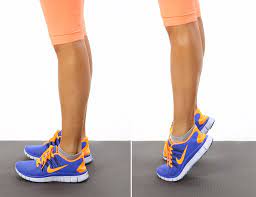
Strength: Cool Down (5-10 minutes)
Finish your session with a cooldown to aid muscle recovery and flexibility. Include static stretches for major muscle groups, focusing on areas like the shoulders, back, hips, and legs. This helps in reducing muscle soreness and enhancing overall flexibility.
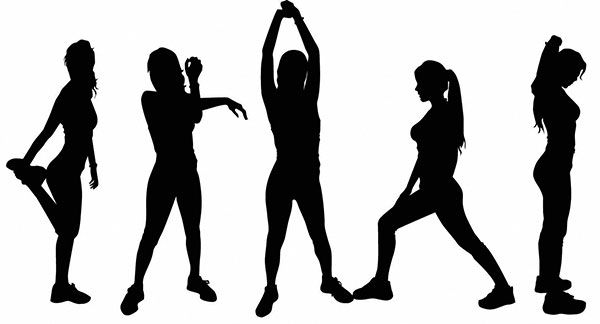
Final Thoughts
This sample workout plan provides a foundation for novice paddlers looking to integrate strength training into their dragon boat preparation. However, the journey doesn’t end here. As you progress, consider gradually increasing the intensity, incorporating variations, and consulting with a fitness professional to refine your program based on your individual needs and goals.
Remember, consistency is key in any training regimen. Pair your strength training with regular paddling sessions to synergize your efforts. Stay tuned for our upcoming clinics, where we’ll delve deeper into advanced strength training techniques, peak performance strategies, and the seamless transition from strength to power on the dragon boat. Get ready to elevate your dragon boat experience through the power of purposeful strength training!
The information provided in the post is aligned with common principles of strength training for athletes, including dragon boat paddlers. However, it’s important to note that any workout plan should be adapted based on individual fitness levels, specific needs, and consultation with a fitness professional or healthcare provider. Here are a few considerations:
- Individual Variability: The sample workout plan is designed for novice paddlers as a general guideline. Individual fitness levels, prior injuries, and other health considerations may necessitate modifications to the plan.
- Consultation with Professionals: Before starting any new exercise program, individuals, especially those new to strength training, should consult with a fitness professional or healthcare provider to ensure the exercises are suitable for their specific condition.
- Progression: The plan provides a foundational workout routine. As individuals progress, they may need to increase intensity and incorporate more advanced exercises. Progression should be gradual to avoid the risk of injury.
- Specificity: While the plan focuses on major muscle groups involved in dragon boating, it’s essential to note that dragon boating is a full-body activity. Paddlers may benefit from additional exercises that mimic the specific movements involved in paddling.
- Periodization: The post briefly mentions upcoming clinics that will cover peaking strength and converting it into power. Periodization, or systematic planning of training phases, is crucial for long-term athletic development. This concept could be explored more deeply.
Remember, the provided workout plan is a starting point, and individuals should tailor it to their specific needs and goals. Always prioritize safety and listen to your body throughout the training process.







